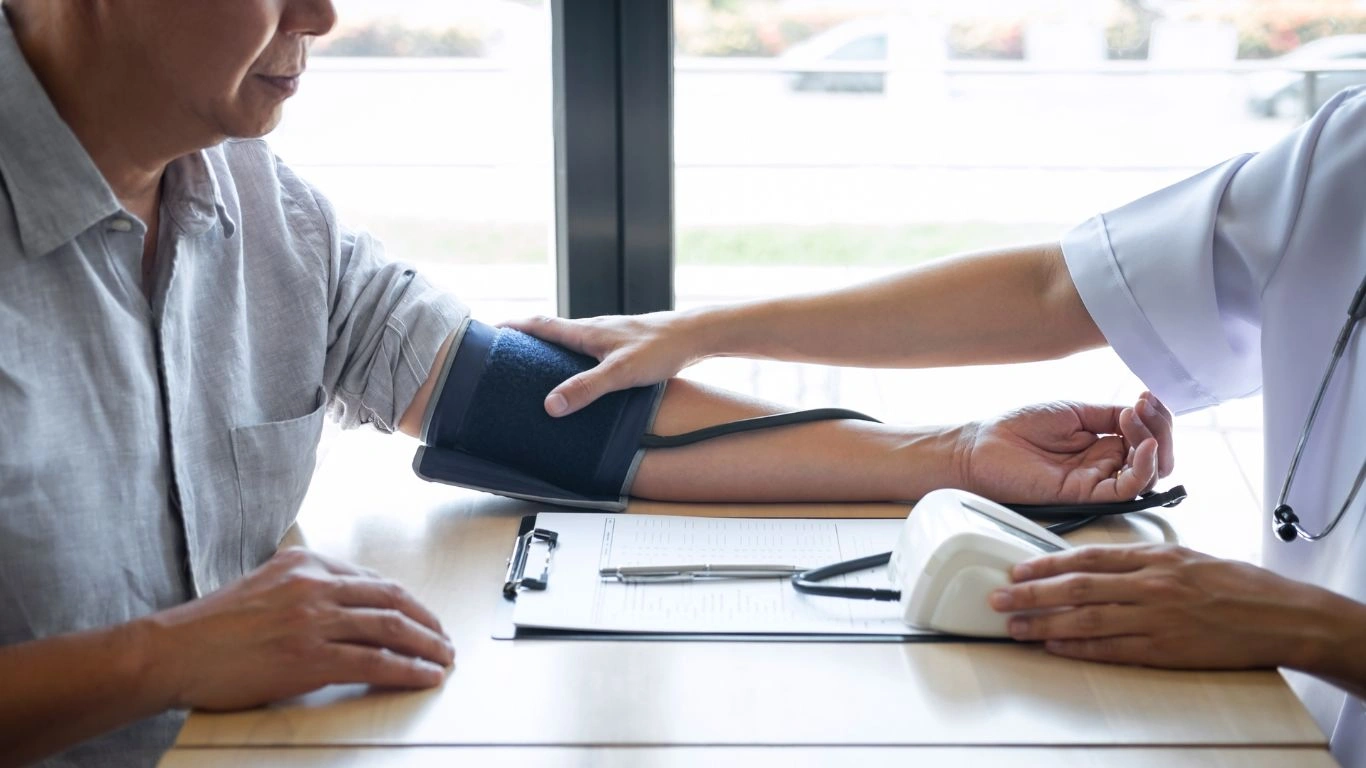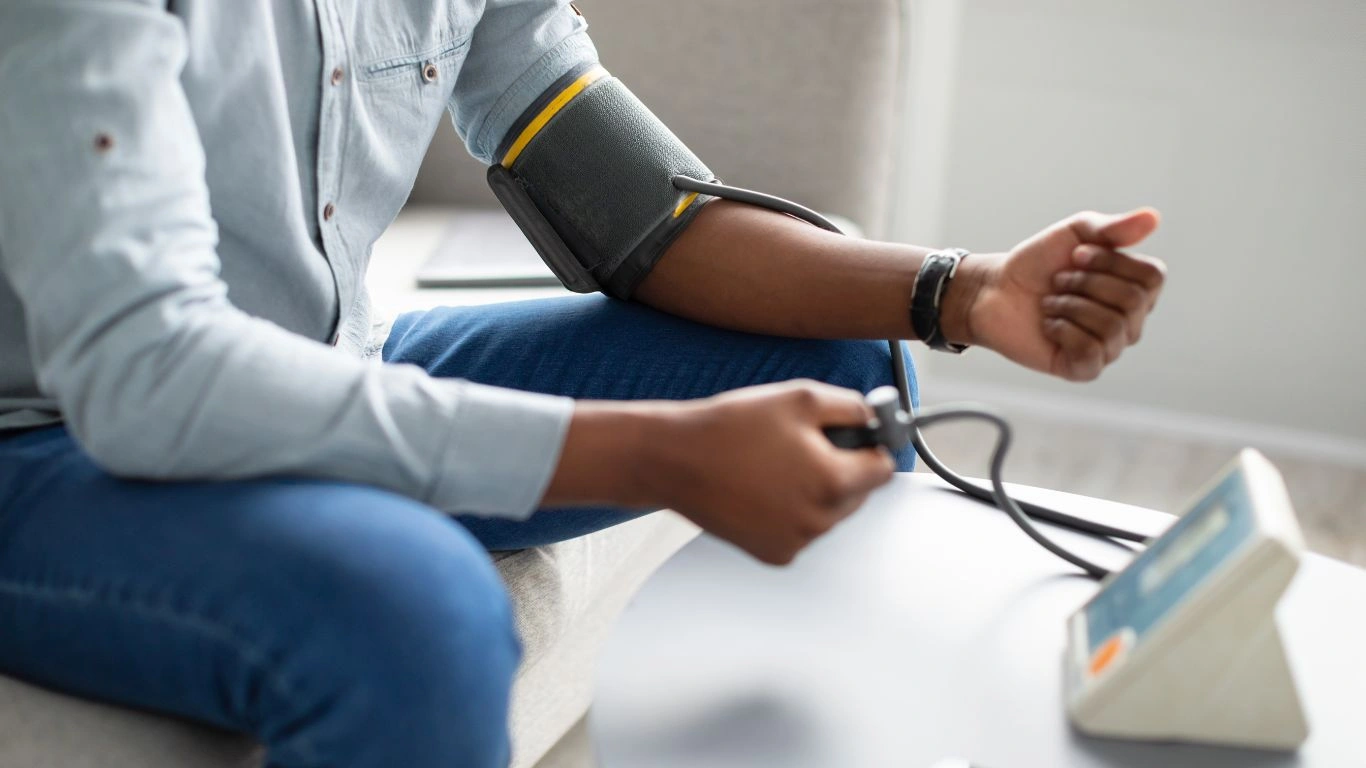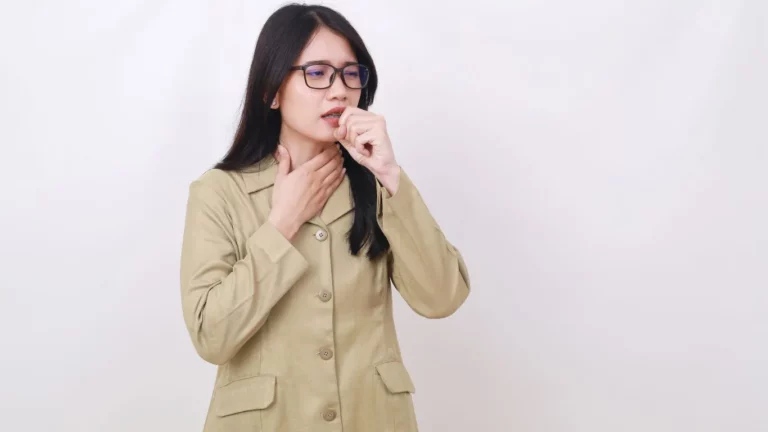Surprising Link Between Hypertension and Inner Ear Problems
If you’ve ever dealt with both high blood pressure and felt like the room was spinning, you’re not alone. As an internal medicine physician with years of hands-on experience managing hypertension, I’ve noticed a surprising link that many patients don’t expect: hypertension and inner ear problems. At first glance, the two seem unrelated. But once you dive into the physiology, it makes total sense—and it’s something I’ve seen play out in the clinic more times than I can count.
How Blood Pressure Affects More Than Just Your Heart

When most people think about high blood pressure, they immediately think heart attack or stroke—and rightly so. But let’s not forget, our blood vessels are connected to every organ in the body, including the ears. That means hypertension doesn’t just put stress on your heart; it affects your entire vascular system, right down to the tiny capillaries that support your inner ear.
Here’s the deal: the inner ear is incredibly sensitive to blood flow. It doesn’t take much to throw it off balance—literally. If blood pressure spikes or stays elevated over time, it can reduce circulation to the inner ear, which may result in symptoms like:
- Dizziness
- Ringing in the ears (tinnitus)
- Hearing fluctuations
- A feeling of fullness or pressure in the ear
I had a patient—a woman in her mid-50s—come in with complaints of vertigo and ringing in her ears. She’d been brushing off her elevated blood pressure readings for months, assuming they weren’t that big of a deal because she “felt fine otherwise.” Turns out, her hypertension was likely behind her symptoms. Once we got her BP under control, her ear symptoms improved dramatically. That moment was a real eye-opener for both of us.
The Inner Ear’s Delicate Role in Balance and Hearing

The inner ear isn’t just about hearing—it’s also crucial for maintaining your balance. There’s a structure in there called the vestibular system. It acts like your body’s internal gyroscope, sending signals to the brain about your head’s position and movement. And guess what? Just like the rest of the body, it relies on healthy blood flow to function properly.
Why Hypertension and Inner Ear Problems Go Hand in Hand
When blood pressure stays too high, it can cause subtle damage over time—especially to those delicate blood vessels that nourish the cochlea and vestibular apparatus. Some studies have even suggested that untreated hypertension may increase your risk of developing certain types of hearing loss and vestibular dysfunction.
Another patient I remember vividly was a 63-year-old man who came in with balance issues that he thought were due to “just getting older.” We ran the usual workup, and sure enough, his blood pressure was through the roof. He didn’t have any typical signs like headaches or chest pain, but his vestibular symptoms were his body’s way of waving a red flag. After three months of consistent hypertension management, he walked into my office grinning and said, “Doc, I’m not wobbling anymore!” Moments like that are why I love what I do.
Recognizing the Signs Before They Escalate

One of the toughest things about hypertension and inner ear problems is how often they get overlooked—or misattributed to stress, aging, or even dehydration. But from what I’ve seen in practice, many people with stubborn vertigo, tinnitus, or unexplained hearing shifts end up having poorly controlled blood pressure lurking in the background.
What You Can Watch For:
- Frequent dizziness, especially when standing up too quickly
- Persistent ear pressure or popping sensations
- Changes in hearing that come and go
- Tinnitus that seems louder during stressful or high-BP moments
It’s not about panicking—it’s about being aware. In my experience, the sooner we connect the dots between these symptoms and blood pressure, the sooner we can get folks on the right path.
What Your Inner Ear Might Be Trying to Tell You

It’s funny—your ears can be one of the first places to “speak up” when something’s off with your blood pressure. I’ve had several patients come in complaining of that annoying, pulsing sensation in their ears. You know, that thumping sound that matches your heartbeat? That’s called pulsatile tinnitus, and it’s often a red flag for elevated blood pressure or changes in vascular tone near the ear.
One of my younger patients, a 42-year-old software developer, came in worried he had an ear infection. Turns out, his BP was spiking because of intense work stress and too much caffeine. We worked on some stress management tools, adjusted his diet, and brought in a low-dose antihypertensive. His symptoms cleared up within weeks—and he was genuinely surprised to learn his ears were trying to alert him before anything else did.
Why the Inner Ear Is So Vulnerable
The blood vessels feeding the inner ear are tiny—really tiny. And unlike major organs like the heart or kidneys, they don’t have a lot of backup when something goes wrong. That makes them uniquely vulnerable to the damage caused by hypertension, especially when it’s been creeping up silently over time.
Once those vessels start to stiffen or narrow (something we call vascular remodeling), blood flow to the cochlea and balance centers gets compromised. It might start as a little imbalance, a “wooshing” noise, or some hearing fuzziness. But if left unchecked, these symptoms can get progressively worse and harder to treat.
Connecting the Dots: When to Suspect Hypertension

As a physician, one of the most rewarding parts of my job is helping people make connections they hadn’t considered before. If you’re struggling with unexplained inner ear issues—especially in both ears—it’s worth checking your blood pressure. Not just once, either. I always recommend home monitoring for a few days to catch any hidden highs that may be masked in the office (we call that “white coat hypertension”).
Here’s what I often suggest to my patients:
- Track your BP twice a day: once in the morning, once at night
- Keep a symptom journal: jot down when you feel dizzy, off-balance, or hear ringing
- Note any patterns: do your symptoms line up with elevated BP readings?
I’ve seen this kind of detective work pay off big time. One man in his 50s had no classic hypertension symptoms but kept experiencing odd “ear pressure” every afternoon. With a little logging and a BP cuff at home, he discovered his pressure consistently spiked around 3 PM. Turned out, that’s when he usually had his second energy drink and skipped lunch. Small adjustments made a huge difference for him.
Managing Hypertension to Protect Your Ears (and Everything Else)

Now, let’s talk solutions—because the great news is, hypertension is absolutely manageable, and by managing it, you’re protecting not only your heart but also your hearing and balance.
Here’s what I typically recommend, based on both science and personal clinical experience:
- Cut back on sodium: It’s sneaky and in more foods than you’d expect (hello, salad dressings!).
- Hydrate properly: Dehydration can make blood pressure swings and ear symptoms worse.
- Get moving: Even a brisk 20-minute walk daily helps regulate both BP and vestibular function.
- Mind the stress: I’m a huge fan of breathing exercises, yoga, or even just unplugging for a while.
- Stick to your meds: If you’ve been prescribed antihypertensives, consistency is key. And don’t be afraid to discuss side effects—there are always alternatives.
I had one patient—a retired teacher—who initially resisted meds, preferring to try diet and exercise first. While I’m all for lifestyle changes, his pressure remained borderline high and his tinnitus didn’t budge. Once he started on a low-dose ACE inhibitor, he noticed not only better blood pressure readings but a significant drop in the frequency of his inner ear flares. It’s all about finding that balance, pun intended.
So the next time your ears feel off, or you catch yourself holding onto walls because the room feels a little unsteady, don’t ignore it. Your body has its own unique way of flagging issues—sometimes, it just happens to whisper through your ears rather than shout through chest pain or headaches. Pay attention. You just might catch hypertension before it causes deeper damage.
Personalizing Your Hypertension Management Plan

Let me be honest—there’s no one-size-fits-all approach to managing hypertension and inner ear problems. I’ve treated patients from all walks of life, and each one brings a different puzzle to solve. Some respond well to a simple tweak in lifestyle. Others need a bit more fine-tuning with medications. What really matters is tailoring the plan to fit that individual’s life, preferences, and overall health.
For example, I had a patient who was a jazz musician—his hearing was everything to him. He noticed subtle hearing shifts during late-night gigs, which he initially blamed on loud venues. But his BP readings told another story. With targeted dietary changes, hydration, and eventually a low-dose calcium channel blocker, his ear symptoms subsided—and so did his anxiety about potentially losing his edge on stage.
Questions I Often Ask My Patients:
- Do your symptoms fluctuate with stress, caffeine, or salty meals?
- Are you checking your blood pressure regularly at home?
- Have you noticed any patterns between your BP and your balance or hearing?
These conversations are crucial. They open the door to understanding not just what’s going wrong, but how we can realistically make it better—without overhauling your whole lifestyle overnight.
The Overlap Between Aging, Hearing Loss, and Hypertension

Now here’s another layer to all this: aging. As we get older, both our hearing and our blood pressure naturally trend downward—or upward, depending on which you’re looking at. It’s easy to write off dizziness, tinnitus, or balance issues as “just getting older.” But in my clinic, I always dig a little deeper. Often, these are not just age-related quirks. They’re signals—soft but important ones—that your vascular system needs attention.
One study I often reference (and I always explain this in plain English during visits) showed a clear association between chronic hypertension and progressive hearing loss. The researchers didn’t claim one causes the other directly, but the link is strong enough to warrant close monitoring. And in practice? I’ve seen that when blood pressure improves, many of these nagging inner ear issues improve right alongside it.
Simple Habits That Make a Big Difference:
- Mind your sleep: Poor sleep elevates BP and messes with your inner ear equilibrium.
- Reduce stimulants: Too much caffeine or nicotine can exacerbate both tinnitus and hypertension.
- Monitor your meds: Some non-BP medications (like NSAIDs) can impact both blood pressure and hearing—worth a review with your doctor.
It’s always a team effort. I encourage patients to bring in their logs, list out supplements and over-the-counter meds, and talk openly about what’s working—or not. That level of transparency helps us both stay proactive rather than reactive.
Final Thoughts and Takeaways
If you’ve made it this far, thank you—seriously. Awareness is the first step, and I can’t tell you how many people come into my office after finding one small clue that something’s off. Maybe it was a dizzy spell. Maybe a strange humming in the ears that wouldn’t go away. And maybe, just maybe, that symptom is your body’s quiet nudge to check your blood pressure and take it seriously.
The connection between hypertension and inner ear problems might not be widely known, but in my experience, it’s far more common than most people realize. And fortunately, it’s also something we can address with the right mix of lifestyle, medication, and careful observation.
If anything in this article resonated with you, don’t brush it off. Whether you’re a patient, caregiver, or even a fellow physician looking for new insights—I hope this helps you view hypertension through a slightly wider lens. Our ears may not scream for attention the way our hearts do, but they’re whispering… and it’s worth listening.
References
Disclaimer
This article is intended for informational purposes only and does not substitute professional medical advice, diagnosis, or treatment. Please consult your healthcare provider for personalized medical guidance.

Dr. Gwenna Aazee is a board-certified Internal Medicine Physician with a special focus on hypertension management, chronic disease prevention, and patient education. With years of experience in both clinical practice and medical writing, she’s passionate about turning evidence-based medicine into accessible, actionable advice. Through her work at Healthusias.com, Dr. Aazee empowers readers to take charge of their health with confidence and clarity. Off the clock, she enjoys deep dives into nutrition research, long walks with her rescue pup, and simplifying medical jargon one article at a time.







